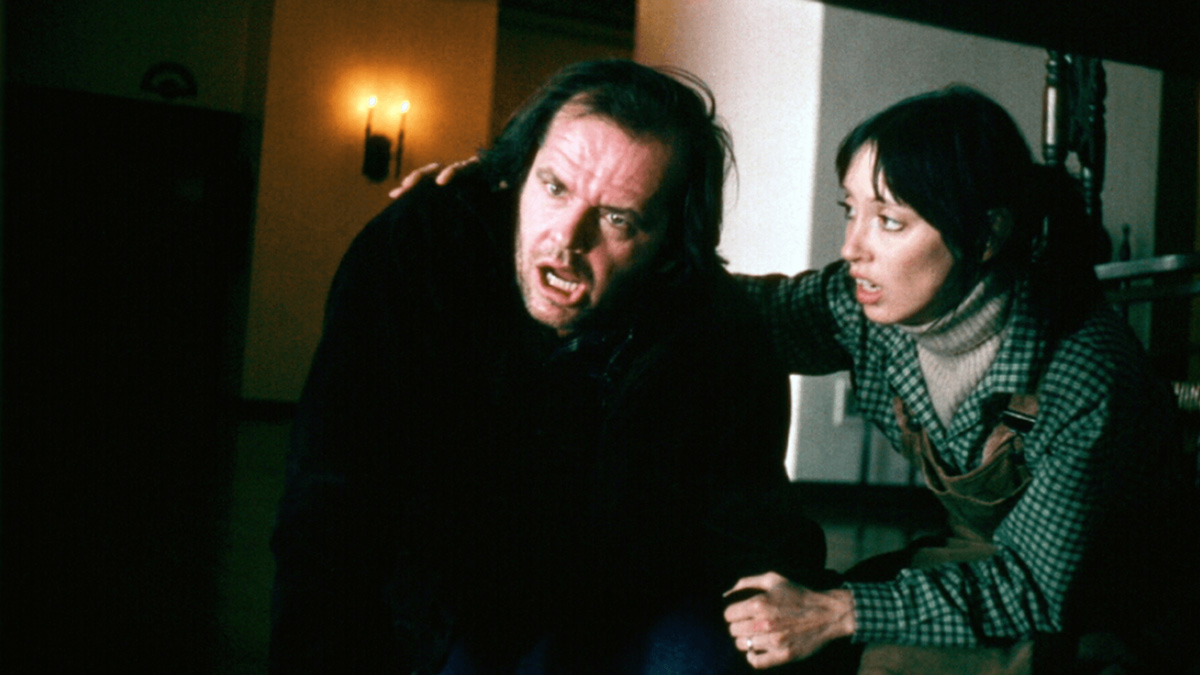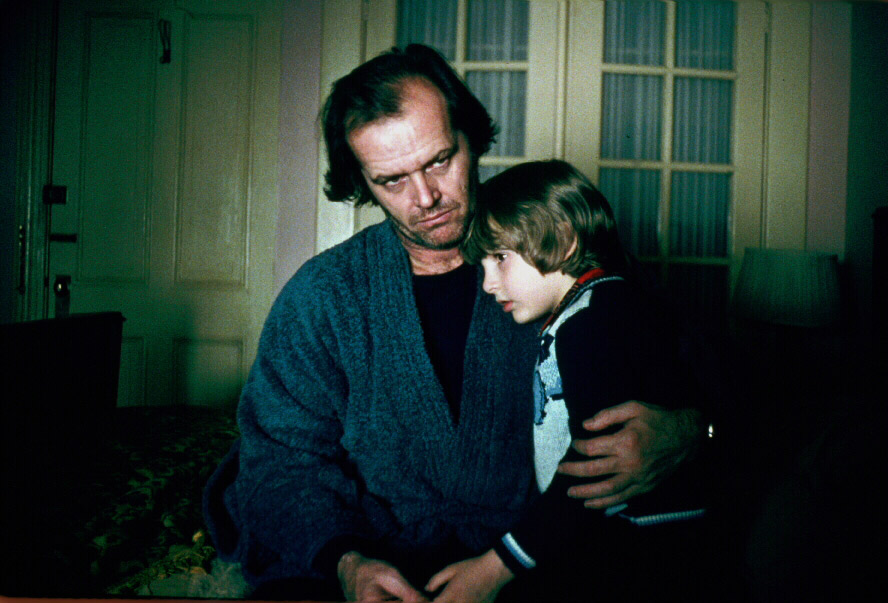
(c)2007 Warner Bros. Entertainment Inc. All Rights Reserved.
The true nature of the curse that emerges when comparing multiple versions of “The Shining” *Spoiler alert
2018.09.19
Regarding Jack's line "The white man's curse"
There is an interesting line regarding the Indian element in the film. At the ballroom's bar counter, Jack is poured whiskey by the bartender Lloyd and says, ``Booze is a curse for white people. Indians don't know.'' (Japanese subtitles by Shizuo Takase on the Blu-ray version). But the original English line is: "White man's burden, Lloyd my man. White man's burden." There is no "curse" or "Indian" in English lines. Why did the subtitles become like this?
In fact, Rudyard Kipling, known as the author of "The Jungle Book, " wrote a poem "The White Man's Burden: The United States and the Philippine Islands" (1899) about the Philippine-American War at the end of the 19th century. It's stuck underneath. Kipling's poem, which is famous in the English-speaking world, considers it to be the "white man's responsibility" to conquer and enlighten the barbarians of uncivilized lands, glorifying and glorifying the imperialism and colonial policies of the white nations of Europe and the United States. It was done.

“The Shining” (c)2007 Warner Bros. Entertainment Inc. All Rights Reserved.
Jack, a former teacher and writer, probably used this poem to explain that drinking is a (uppity) white man's responsibility. However, with the limited number of characters, there is no way that the subtitles can refer to Kipling's poem, and the literal translation of ``White Man's Duty'' sounds abrupt. Therefore, the expression ``alcohol is the curse of the white man'' may have been used to convey in an easy-to-understand way the feelings of Jack, who breaks his vow of abstinence and shifts the blame. It's not my fault, it's the curse, so there's nothing I can do about it. It can be assumed that in order to contrast this, they brought out Indians who do not have a habit of drinking, and added subtitles such as ``Indians do not know'' the joys of drinking and the hardships of abstinence.
It's a line that might be dismissed as nonsense from a drunkard. However, considering that the film emphasizes Indian elements in the location and interior of the hotel, the reference to Kipling's poem and the keyword "Curse of the White Man" in the paraphrased subtitles suggest that Kubrick was based on the original work. It can be said that this is an important point that gets to the core of the secret that was introduced by the modification.

